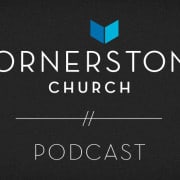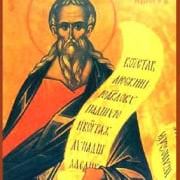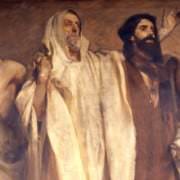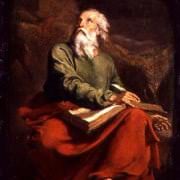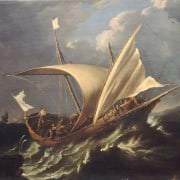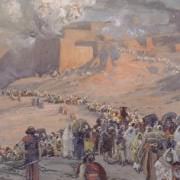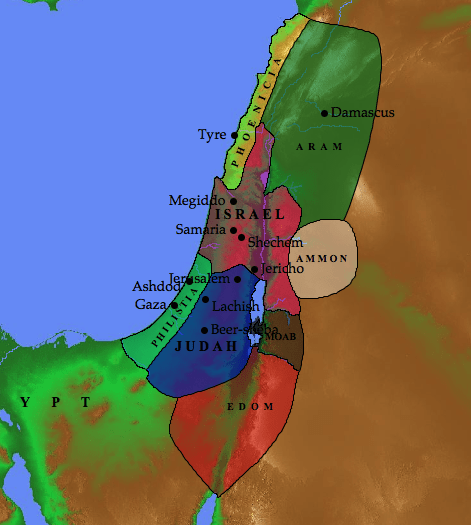As you embark on reading Isaiah you are about to read through arguably the most magisterial and beautiful of all the Old Testament books.
Isaiah’s name means Jehovah saves. Isaiah was a prophet to Judah, the southern kingdom, and lived at the time when the northern kingdom of Israel was destroyed by Assyria. Isaiah’s voice saved the kingdom of Judah in these trying hours.
The book has two distinct emphases – so much so that some scholars argue that there are actually two authors of Isaiah. Actually, the structure of Isaiah is quite amazing. It is like a ‘mini bible’. Isaiah has 66 books, divided into two parts with chapters the same as Old and New Testament books. The first 39 chapters summarise the message of the Old Testament’s 39 books and the last 27 chapters summarise the messages of the New Testament’s 27 books.
In the first part (1-39) he is addressing Judah. He preaches through the times of Uzziah, Jotham, Ahaz and Hezekiah. In the second part (40-66) Isaiah reveals Jesus bearing the load of sin and then exalted and glorified.
Under Uzziah and Jotham (1-6)
Isaiah received his commission in the year king Uzziah died. Uzziah had a long and glorious reign of fifty-two years. For the last four years of his ministry he suffered from leprosy and was banished from the business of state. The message was punishment to come as God had been long-suffering in patience.
Under Ahaz (7-14)
Ahaz was a terrible king. He was a shameless and open idolater. These chapters of Isaiah can be confusing. Keep in mind God’s message to Isaiah is filled with thoughts of the present and back then. Because of Ahaz’s poor leadership God will allow Assyria and others to attack but ultimately a saviour will come that will establish a lasting glory for ever.
Under Hezekiah (15-39)
Hezekiah was a king who followed God. He lived at possibly the most crucial time in the history of Israel and Judah. The Assyrian armies have gathered strength and sweep in from the North to take Israel in 722 B.C. But their hunger is for more than Israel. They invade Judah over a period of four years. Hezekiah strips the temple of its riches and attempts to purchase help from Egypt that Isaiah denounces (31:1). Finally Assyria have encamped Jerusalem and demand surrender, but they are miraculously slain (37:6-8).
Isaiah prophesies many things during the reigns of these kings. He deals with God being the God of the nations and has words for foreign invaders. His constant themes are disobedience, disaster, discipline, despair; then faith, return, reign leading to rejoicing.
In the second part (40-66) Isaiah reveals God. God the god of all nations, the god who saves, the god who sends the servant, the god who rules, the god who will send a ruler whose kingdom will never end. The book ends with rejoicing in God’s great work of restoration and salvation.
Hopefully this background contains enough detail to orientate you. If that is not the case there are numerous introduction and background books to help you with more detail. Just ask the elders for recommendations!
Painting: Isaiah (1838) by Jean Louis Ernest Meissonier.

